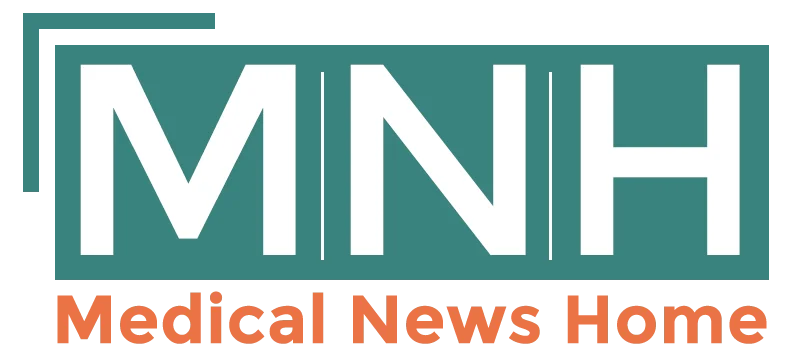Optimizing Chronic Disease Management Tools: Insights from Diabetes Care
- Posted on November 24, 2023
- By Happy Kumari
- Read 3 minutes

In digital health, understanding patient needs is crucial for the development of effective chronic disease management tools. A recent study conducted by the Regenstrief Institute, in collaboration with the Indiana University Richard M. Fairbanks School of Public Health and Indiana University School of Medicine, sheds light on key insights into what patients truly want in their chronic disease management apps, particularly focusing on diabetes care.
The Diabetes Dilemma: A Growing Concern
As per the Diabetes Research Institute, a staggering 37.3 million people in the United States, roughly one in ten, grapple with diabetes. Managing this chronic condition demands a high level of patient activation and self-management. In response to this challenge, a plethora of apps – nearly 1,400 to be exact – have emerged to assist patients in their diabetes journey. However, the study reveals a gap between the availability of these technologies and actual patient utilization.
Data Access and Analysis: The Cornerstones of Effective Apps
The research, involving 92 adult patients with diabetes, predominantly Type 2, managing the condition for at least 12 years, identifies critical features that make chronic disease management apps truly valuable to end-users. Patient data access and data analysis emerged as the linchpins of app utility.
Apps that facilitate patient access to blood glucose data, coupled with insightful analysis of trends over time, empower patients with a deeper understanding of their condition. This, in turn, allows for better-informed decision-making and the ability to plan behavior changes that positively impact key metrics.
Boosting Patient Competence and Autonomy
The study applied the Self-Determination Theory on motivation to assess what patients need for chronic disease management apps to enhance their competence, autonomy, and connectivity. Patients expressed a desire for apps to not only provide access to data but also to analyze trends, enabling them to set personalized chronic care goals.
Moreover, the autonomy of patients can be further strengthened by the ability to share data with care partners, such as clinicians or family caregivers, via email or direct messaging. This interconnectedness facilitates a holistic approach to care, ensuring all involved parties are well-informed and engaged in the patient’s well-being.
User-Friendly Features: A Prescription for Success
Beyond data access and analysis, patients highlighted the importance of user-friendly features. The ideal app, according to respondents, should incorporate voice recognition, automated data input, and alerts to remind them of care management activities. Simplifying the user experience is pivotal, as patients expressed a preference for apps that effortlessly guide them in assessing whether their blood glucose levels align with healthy targets.
The Business Perspective: Implications for Digital Health Stakeholders
For hospitals and digital health/health tech companies, this research underscores the importance of aligning app functionalities with patient needs. As the digital health landscape continues to evolve, understanding these nuanced preferences becomes a strategic imperative. The insights gleaned from this study not only enhance patient engagement but also contribute to the long-term adoption of digital health solutions.
Understanding patient needs isn’t just a matter of compassion; it’s a strategic necessity. Digital health stakeholders can leverage these insights to refine existing products or develop new solutions that directly address the challenges faced by patients managing chronic diseases.
Looking Ahead: Towards Tailored Solutions
While the study provides invaluable insights, the researchers acknowledge the need for more granular exploration into patient preferences. The goal is to identify specific populations and subpopulations facing challenges in disease management, paving the way for the development of tailored, inclusive tools.
“We hope to find out which populations and subpopulations have the most trouble with disease management and to gain a better understanding of what well-designed tools might look like and share this information with clinicians and app developers,” says Helen Fu, the study’s leader.
